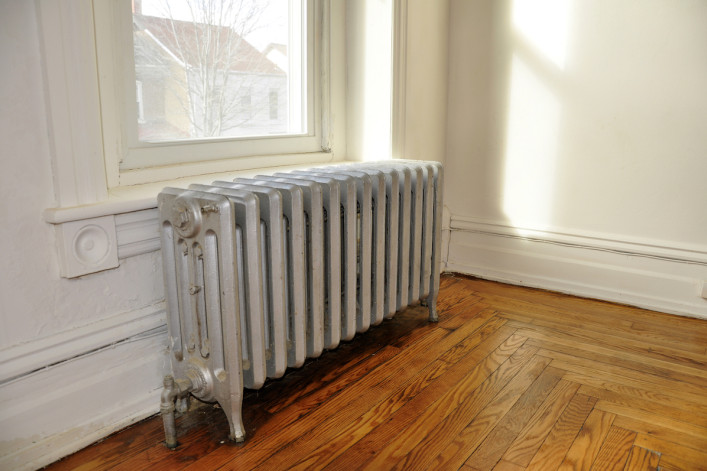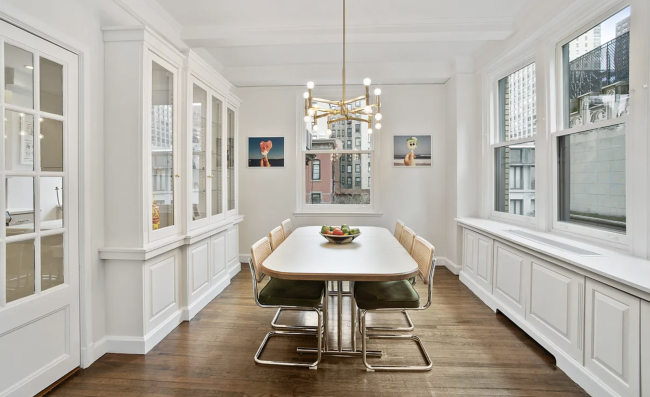Hisses, clanks, and bangs: Why your NYC radiator is so noisy

While most New Yorkers might think the hissing, clanking, and banging come with the territory, radiators are not meant to make those noises.
iStock
If you live in an New York City apartment, especially in an older building, chances are your heat is steam generated and comes into your space via a clunky, archaic-looking radiator. The contraption might not only take up prime real estate in your apartment, but often makes noises that can be downright startling, especially in the dead of night.
“Radiators are the best heat,” says Michael Hershkowitz, president of Manhattan-based residential renovation company REDOnyc. “It’s clean, but they’re obtrusive, and they can get noisy. Plus, they’re old and rusty, and that’s what causes a lot of their noise. It’s a nature of the beast, even on Park Avenue.”
But that doesn't mean you should simply ignore the sounds coming from these metal beasts. Knowing what the sounds mean—and what sort of maintenance is required—can save you from more serious problems later on. Read on for a guide to the noises your NYC radiator makes.
How does a steam radiator work?
Before we get into the racket your NYC radiator makes, let’s learn how it works.
The boiler, which is typically in your building’s basement, boils water to create steam, which travels through pipes to your radiator, where it will heat your apartment if you have the valve on the side open. (That’s serves as your on/off switch, by the way.)
As it travels, the steam slowly cools and becomes condensation, which eventually returns to the boiler to be turned back into steam.
But what causes those steam radiator noises?
A whistling sound can stem from limescale, a residue from minerals in the water that can build up. Hammering, clanking, and banging could mean that the boilers need maintenance, or the steam and water levels are building up higher than they should be.
“On the way back, that condensation is going to be cold water, which is meeting hot water on its way up, and that’s going to be that hammering sound,” says Tony Shala, owner of Long Island City-based Rite Plumbing & Heating.
Pipes in a steam-heat system need to be slightly angled (you may hear a plumber refer to this as “pitch”) so they slope toward the boiler. If the pitch is off, say because of warped flooring or the pipe itself, “the water will stay somewhere, and it’s going to get cold,” Shala says. “As soon as that water meets the hot water going to the radiator, it’s going to make that same type of noise.”
Another common cause Shala sees is when building management adds another radiator for a tenant who may not be getting enough heat.
“When you add another radiator, the return line is not good, and it’s going to keep the water there,” he says.
While most New Yorkers might think the hissing, clanking, and banging come with the territory of living in the city, “these noises are not normal, and radiators are not meant to make those noises,” Shala says.
“People get immune to it,” Hershkowitz adds. “But just because you’re not paying for heat or the building’s pipes, if you like heat, you should maintain it.”
He urges tenants to check the valve. "They break, wear down," he says. "I’m all for checking your apartment mechanicals every season. They require care, and your radiator does, too.”
You Might Also Like



























